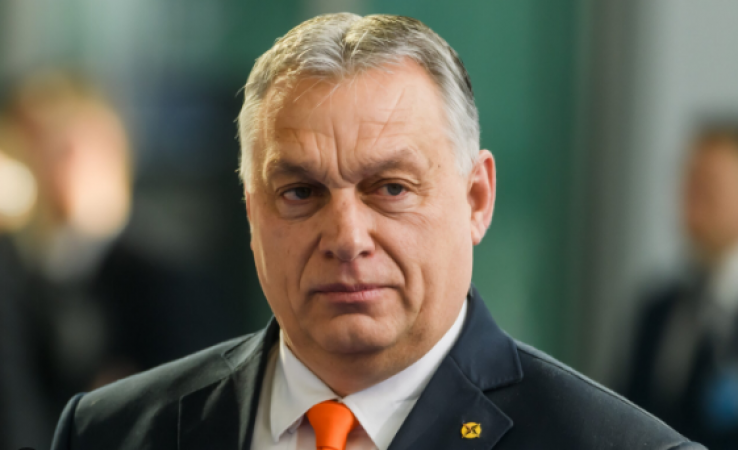
Budapest: Prime Minister Viktor Orban informed parliament on Monday that Budapest's government is in favour of Beijing's peace initiative for the ongoing conflict in Ukraine.
Resuming peace negotiations and respecting the territorial integrity of every country are among the 12 points of China's 12-point plan, which was unveiled last week. It also denounces unilateral sanctions.
Orban told the lawmakers, "We also think the Chinese peace plan is significant and we support it. Orban emphasised throughout his 30-minute speech that the ongoing conflict was "bad for Ukrainians, Russians, Hungarians, Europe, and it is becoming increasingly clear that it is bad for the whole world." As a result of a "national consultation," the prime minister continued to insist that Budapest should avoid getting involved in the conflict.
Also Read: US Treasury Secretary promises to strengthen the Ukrainian economy
The prime minister agreed that there should be a nation between Russia and Hungary but criticised some opposition parties for their apparent overzealous support for Kiev to the point where they hardly "differentiated" between Ukraine and Hungary. Orban added that "the interests of Ukraine can never come before the interests of Hungary," adding that "we respect the Ukrainians and we help the Ukrainians."
He also stated that Ukraine would probably join NATO "sooner or later," but added that the alliance's continued eastward expansion "must be reconsidered ten thousand times."
In addition, Orban was in favour of Finland and Sweden joining NATO. Additionally, he called the military alliance a security guarantee while acknowledging that not everything that occurs within NATO was to his liking.
Also Read: Serbia-Kosovo "normalisation" proposal revealed by the EU
In the meantime, Beijing's suggestions have been dismissed by Kiev's supporters in the West. China refused to denounce Russia's actions and support the Western sanctions, according to NATO Secretary General Jens Stoltenberg, so it didn't "have much credibility" in this matter.
Moscow had previously praised Chinese efforts to end the ongoing conflict peacefully. However, the Kremlin stated last Sunday that it currently saw no chance for a political settlement of the conflict.
Also Read: Moscow charges the US with planning a provocative use of "toxic chemicals" in Ukraine
Vladimir Zelensky, the president of Ukraine, recently insisted that Kiev had "nothing to talk about" with Russia and "no one" in Moscow with whom to communicate.
His remarks came amid reports that some of his Western backers, such as France, Germany, and the UK, were attempting to persuade Ukraine to hold negotiations with Russia.